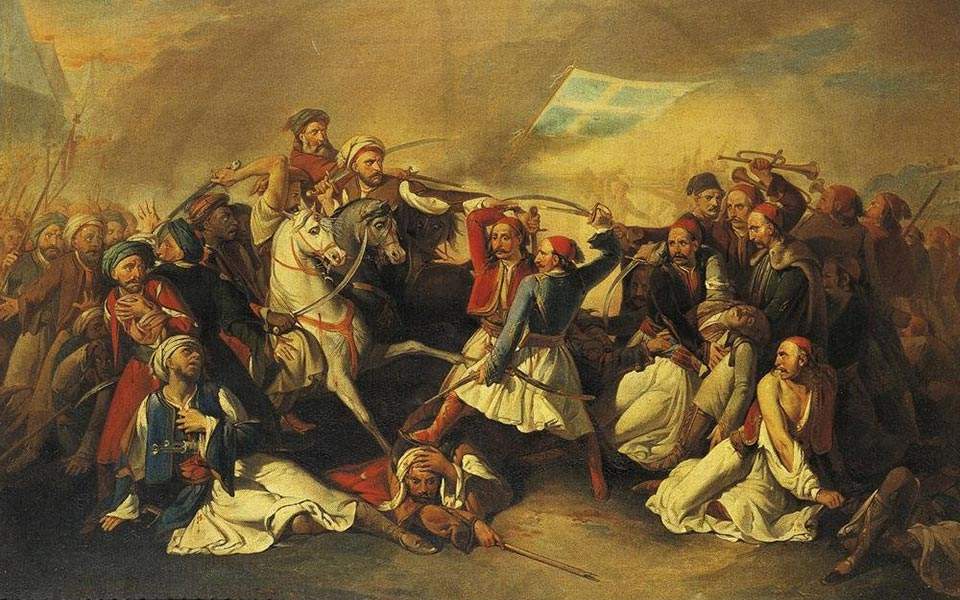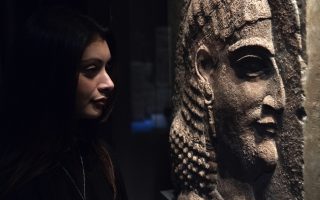Loose ends between 1821 and 2021

The year 2021 will find Greece on a course shaped by 200 years of national victories, defeats and missed opportunities, by moments of unity and decades of division, with many serious issues unresolved. Aside from the celebrations commemorating the start of the Greek War of Independence, the bicentennial demands that we look soberly, without myths or prejudice, at who we are, what we want and how we will achieve it.
Major issues have been resolved. There is no doubt that Greece is an integral part of the most advanced Western society, the European Union. Our democracy survived even the last crisis, thanks in part to our joining the great European experiment in 1981 but also because the great schisms of the past have narrowed. Perhaps the years of borrowed bounty helped heal the worst wounds by opening others. However, the enormous public debt, a widespread sense of entitlement and persecution, the almost institutionalized tolerance of disobedience and even violence as acts of protest, cannot be compared to last century’s National Division, Civil War and dictatorships. The monarchy was abolished by referendum in 1975, as were endless quarrels over language in 1976 (with the adoption of a simplified form of Greek). SYRIZA’s efforts, while in government, to reheat the vocabulary of the Civil War and the Cold War did not succeed. The neo-Nazi Golden Dawn party was isolated and failed to get into Parliament. It appears that ideological differences do not affect many of us to the point that this would shape developments.
However, the relationship between the Church of Greece and the Greek state remains unresolved. Legislation has not been sufficient to make respect for every minority group, or absorption of immigrants, commonplace in practice. The clash between “autochthons” and “heterochthons” (“locals” versus Greeks from other territories), which marked the years after 1821, nepotism and clientelism live on in the way parties undermine institutions and in the deep-rooted mentality that some groups are more deserving than the whole.
The discussion on the future of the Greeks demands the right participants, with every institution, every group and every serious trend at the table. Let representatives of the church and the state, the diaspora, the intelligentsia, the minority groups, the industrialists and workers, the young, the unemployed and the pensioners debate each other. Let us see what unites and what separates us. To determine who we are, to decide where we are going, we need to be serious, humble, sincere and determined.





